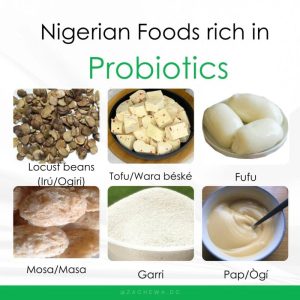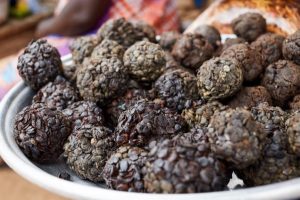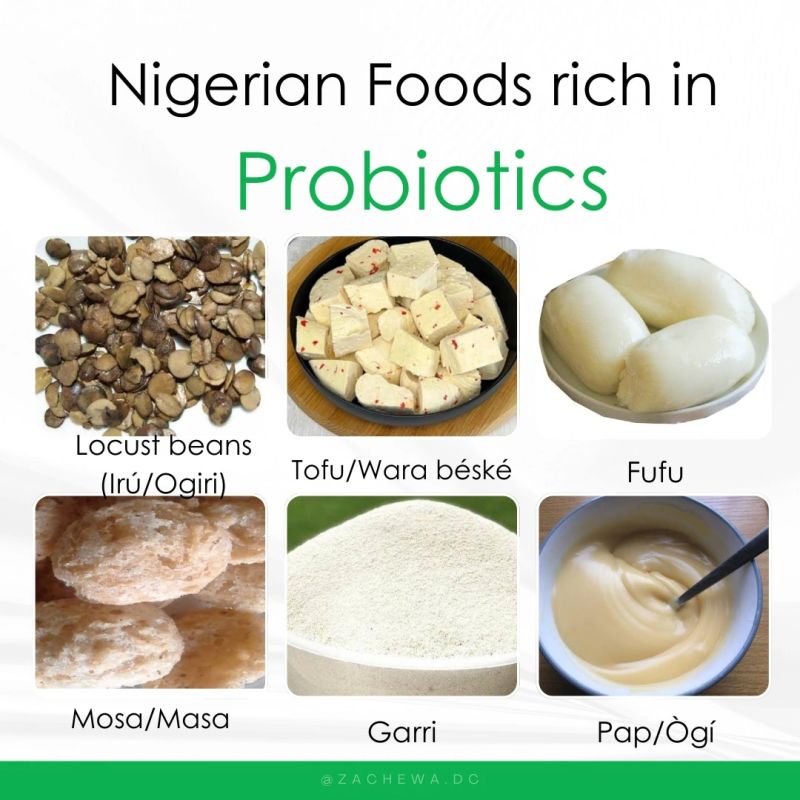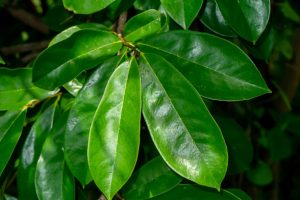Probiotics are live beneficial bacteria that promote a healthy gut and aid in digestion, immunity, and overall wellness. While many people associate probiotics with yogurt and other imported health products, Nigeria has a rich variety of traditional and local foods that are naturally rich in probiotics due to fermentation processes.
Fermentation not only preserves food but also enhances its nutritional value by encouraging the growth of beneficial microorganisms. Here are 10 Nigerian foods that contain probiotics, helping you boost gut health the natural, local way.

1. Fura da Nono
Fura da Nono is a traditional Hausa fermented milk drink made from local cow’s milk (nono) and fermented millet dough balls (fura). Nono is naturally fermented, making it rich in lactic acid bacteria, which are potent probiotics.
Health Benefits:
-
Aids digestion
-
Strengthens the immune system
-
Replenishes gut flora after antibiotic use
How to Consume:
Enjoy chilled as a beverage, often sweetened slightly or flavored with spices like ginger.
2. Ogi (Pap)
Ogi, also known as pap or akamu, is a fermented cereal pudding made from maize, millet, or sorghum. The grains are soaked and fermented for several days, leading to the growth of Lactobacillus and other probiotic strains.
Health Benefits:
-
Gentle on the stomach
-
Promotes gut balance
-
Helps restore digestive health in infants and adults
How to Consume:
Usually served as a breakfast porridge with milk and sugar or as a weaning food for babies.
3. Kunu
Kunu is a fermented drink made from grains such as millet, sorghum, or tiger nuts. After fermentation, the drink develops a tangy taste and becomes rich in natural probiotics.
Health Benefits:
-
Enhances digestion
-
Provides energy and nutrients
-
Promotes intestinal health
How to Consume:
Drink chilled or at room temperature. Kunu can also be flavored with ginger, cloves, or sweeteners.
4. Ugba (Oil Bean Salad)
Ugba, also known as Ukpaka, is a fermented African oil bean seed widely eaten in the Eastern part of Nigeria. The fermentation process involves naturally occurring bacteria that give the food its distinctive flavor and probiotic benefits.
Health Benefits:
-
Promotes healthy gut bacteria
-
May help detoxify the body
-
Aids nutrient absorption
How to Consume:
Eaten as a salad or side dish, usually mixed with pepper, oil, and vegetables.
5. Iru (Locust Bean)
Iru, also called ogiri or dawadawa, is a fermented African locust bean condiment commonly used in Nigerian soups and stews. The fermentation gives it a strong smell and potent probiotic properties.
Health Benefits: Nigerian Foods
-
Boosts digestion
-
Supports liver and intestinal function
-
May help reduce cholesterol levels
How to Consume:
Used as a seasoning in soups like egusi, ogbono, and vegetable soup.
6. Ogiri
Ogiri is a pungent, fermented paste made from melon seeds or castor oil seeds. It is primarily used in Igbo cooking and is known for its strong smell and probiotic content.
Health Benefits:
-
Stimulates gut enzymes
-
Promotes microbial balance in the intestines
-
Aids in digestion of complex foods
How to Consume:
Added to soups and stews for its flavor and health benefits.
7. Palm Wine (Fresh)
Fresh palm wine is a natural alcoholic beverage tapped from the sap of palm trees. When freshly collected, it contains live yeasts and bacteria, including lactic acid bacteria and wild probiotics, before it becomes too alcoholic.
Health Benefits (when fresh and in moderation):
-
Supports gut health
-
Contains antioxidants
-
Aids digestion
How to Consume:
Drink immediately after tapping while it’s still fresh and fizzy to get the most probiotic benefit.
8. Nunu (Fermented Milk)
Nunu is a fermented milk drink similar to yogurt or kefir. Popular in Northern Nigeria, it is made by allowing raw cow’s milk to ferment naturally. Nunu contains lactic acid bacteria, which are known probiotics.
Health Benefits:
-
Improves gut microbiome
-
Supports lactose digestion
-
Enhances immunity
How to Consume:
Served cold, plain, or sweetened with a bit of sugar or honey.
9. Kpokpo Garri (Fermented Cassava Granules)
Garri is made from cassava that has been grated, fermented, and roasted. Kpokpo garri, a type of garri with a slightly sour taste, undergoes a longer fermentation period, making it richer in probiotics.
Health Benefits:
-
Promotes healthy digestion
-
May help with gastrointestinal issues
-
Fermented cassava may reduce cyanide content
How to Consume:
Eaten soaked in cold water with milk and sugar or made into eba.
10. Pito
Pito is a traditional fermented alcoholic beverage brewed from millet or sorghum, mostly consumed in the Middle Belt and Northern Nigeria. The fermentation process introduces wild yeasts and beneficial bacteria.
Health Benefits (in moderation):
-
Contains natural probiotics
-
Supports digestive function
-
May provide mild antimicrobial benefits
How to Consume: Nigerian Foods
Best enjoyed freshly brewed. Should be consumed in moderation due to alcohol content.

Conclusion: Nigerian Foods
You don’t have to look far to find natural probiotic-rich foods—many Nigerian traditional dishes and drinks already contain them! From fermented grains like ogi and kunu to fermented condiments like iru and ogiri, these foods not only preserve cultural heritage but also support gut health, immunity, and digestion.















Add Comment